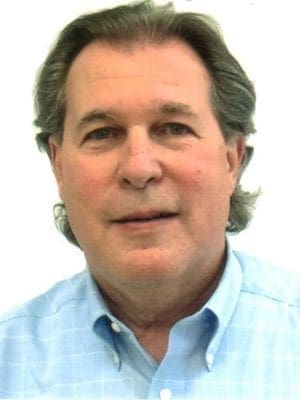It’s Earth Day, a day in which we recognize the beauty of the Earth as a part of God’s creation. It’s also a time when we can assess how we’re doing in the creation story’s notion that we are the Earth’s caretakers.
The creation stories (there are two in Genesis and several poetic accounts in the Psalms) have been the proverbial two-edged sword, as the Bible itself has been misused in the plundering of the planet simply because we’re the dominant creature.
To begin, go all the way back to the Bible’s beginning. There we find the story of creation and the intent of creation. In the first creation story in Genesis 1, God says:
Let us make humankind in our own image, according to our likeness; and let them have dominion over the fish of the sea, and over the birds of the air, and over the cattle, and over all the wild animals of the earth, and over every creeping thing that creeps upon the earth. So God created humankind in his image, in the image of God he created them; male and female he created them. God blessed them, and God said to them, “Be fruitful and multiply, and fill the earth and subdue it; and have dominion over (them).”
And that’s where the trouble began. The idea of dominion as domination settled into the minds and hearts of people who believe God gave them the freedom – nay the right – to subdue and plunder the earth.
Maybe political pundit Ann Coulter was closer to the truth than we like to admit when she cynically remarked, “God said: ‘Earth is yours. Take it. Rape it. It’s yours.'”
How do we hold science and faith together as they are typically posed as contradictory truths and therefore in opposition to one another?
French paleontologist and Christian mystic, Father Pierre Teilhard de Chardin, asked, “Is life an open road or a blind alley?”
In answering his own question, he observed, “Man has every right to be anxious about his fate so long as he feels himself to be lost and lonely in the midst of the mass of created things. But let him once discover that his fate is bound up with the fate of nature itself, and immediately, joyously, he will begin again his forward march.”
What this seems to suggest is that a deeper and more appreciative understanding of the relationship between the Divine and the creation seems to be in order.
Native American tribes in North America held the earth in reverence and seemed more connected to its beauty in a holistic way.
That tradition suggests that we need to learn the truth about what is happening to the earth so we can make wise choices about its care.
For too long, the earth has suffered from the mismanagement that our dominion as domination thinking has caused.
A Christian theology of creation care is simultaneously personal and corporate. It is grounded on the teachings of the Bible. And it’s something that’s considered both globally and locally.
Professor Richard Wilson prods us to change by giving us two different methodologies upon which to act. The watchword of our time is “think globally, act locally.” That’s a terrific approach to getting started!
But we could just as easily reverse that thinking. Sometimes doing something tangible at the local level can stimulate our thinking at the global level.
Sometimes making the slightest of changes can set loose other changes that would necessarily mean changes at a deeper level.
What is important, Wilson says, is to see our work as a part of what God is doing as a part of redemption and reconciliation.
Keith Herron is pastor of Holmeswood Baptist Church in Kansas City, Mo., and a member of the board of directors for the Baptist Center for Ethics. His sermons appear on EthicsDaily.com.

